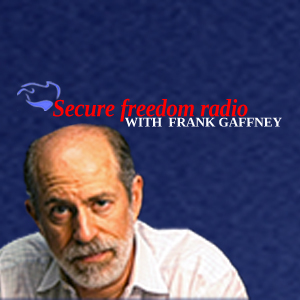

Part 1:Iranian President Rouhani's role in the Khomeini
Revolution that restored shariah law to Iran, and which created a
constitution calling for international jihadWhat available polling data suggests about the likelihood that Iranians would vote against shariah law in a truly free election The characteristics of Islam in IranPart 2:Distinguishing between the Shia and Sunni views on jihadIran's engagement in civilization jihadShariah law versus secular, "western" thoughtPolling data...
Part 1:
- Iranian President Rouhani's role in the Khomeini
Revolution that restored shariah law to Iran, and which created a
constitution calling for international jihad
- What available polling data suggests about the likelihood that Iranians would vote against shariah law in a truly free election
- The characteristics of Islam in Iran
Part 2:
- Distinguishing between the Shia and Sunni views on jihad
- Iran's engagement in civilization jihad
- Shariah law versus secular, "western" thought
- Polling data showing that the majority of Muslims worldwide want shariah law
Part 3:
- The threats Iran and radical Islam pose to Israel
- Interpretations of the Quran that have led to anti-Semitic, anti Zionist sentiments in Iran
- Unintentional legitimization of Iran's nuclear program in the P5 + 1 agreement
Part 4:
- The mistakes the US made in Iraq and Afghanistan by enshrining shariah as an accepted part of their societies
- Nuclear negotiations with Iran, and Iran's spurious claims that an energy shortage necessitates a nuclear energy program
- Debate over the religious or cultural origins of female genital mutilation
Comments (3)
More Episodes
All Episodes>>You may also like
Create Your Podcast In Minutes
- Full-featured podcast site
- Unlimited storage and bandwidth
- Comprehensive podcast stats
- Distribute to Apple Podcasts, Spotify, and more
- Make money with your podcast
It is Free



